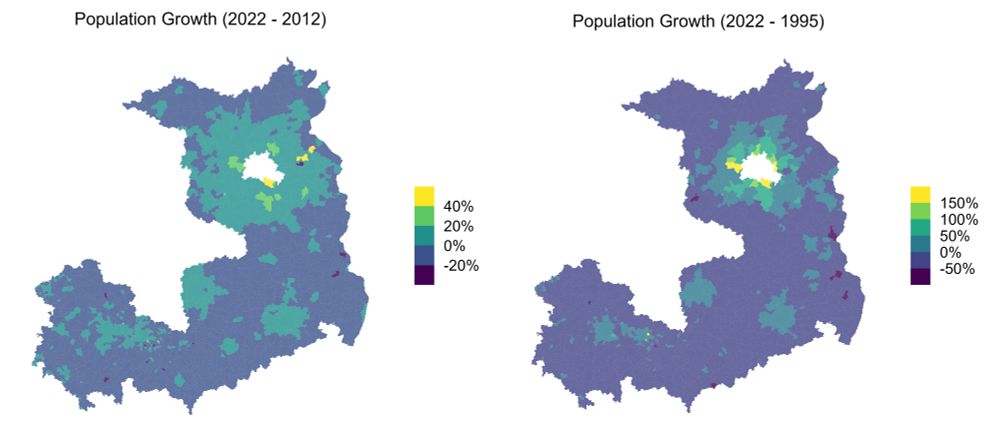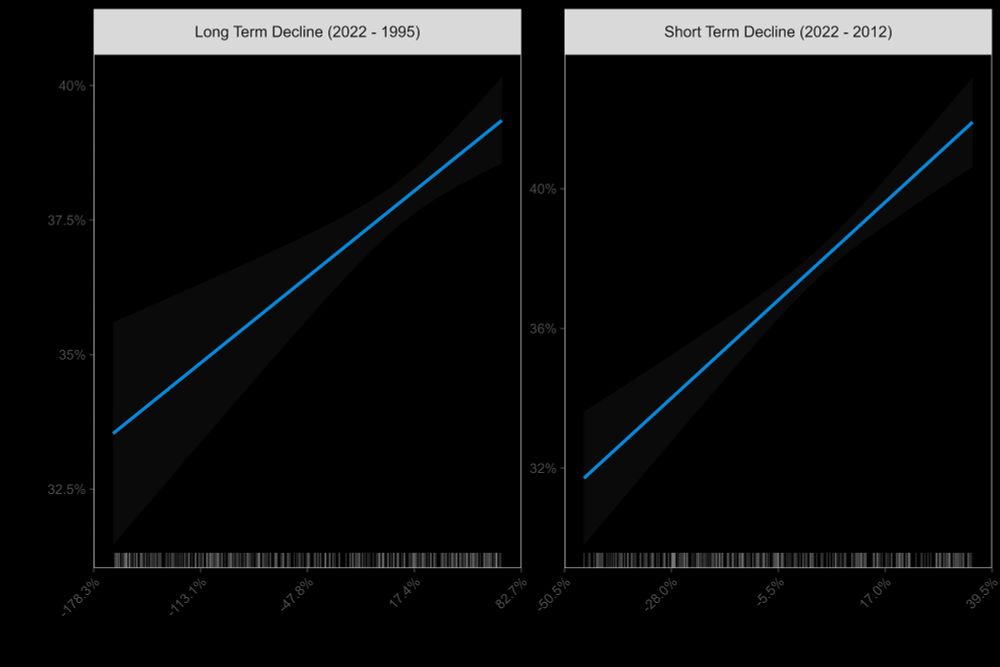Julius Kölzer
@juliusk.bsky.social
3.6K followers
2.7K following
1.4K posts
Doctoral Researcher in Political Science @dynamics.bsky.social & Research Associate @hertieschool.bsky.social | Sometimes working at Zeit Online | Interested in political geography, inequality and elections.
Posts
Media
Videos
Starter Packs
Pinned
Reposted by Julius Kölzer
Reposted by Julius Kölzer
Reposted by Julius Kölzer
Reposted by Julius Kölzer
Reposted by Julius Kölzer
Reposted by Julius Kölzer
Reposted by Julius Kölzer
Reposted by Julius Kölzer
Reposted by Julius Kölzer




















